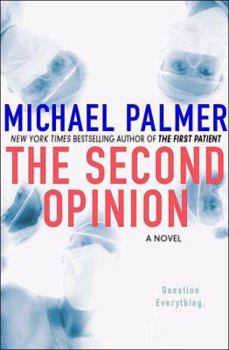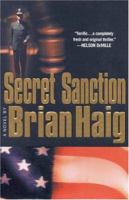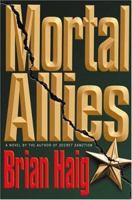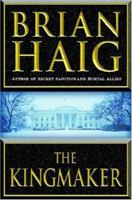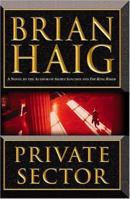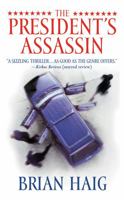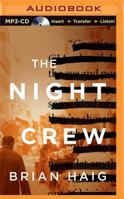The Second Opinion
Customer Reviews
Rated 5 starsMichael Palmers best effort to this date!!! A real page turner!
Michael Palmer has always been a good writer and I have enjoyed each one of his efforts but in the time since First Patient, he has matured and aged as a fine wine. Perhaps it is his interest in Asbergers Syndrome or another change in his life but I get a feel from his work that I never got before. The protagonist is a female and I often find that writers have a difficult time creating good opposite sex character development...
0Report
Rated 5 starssecond opinion
This book is excellent!! The characters are very realistic.There are several asperger people in my family and I could relate to all of the characters in this story. Aspergers affects each individual differently and the characters in this story show that. My families mix of autistic tendencies helped me understand the actions of the characters. Michael Palmer's books are all great, This book just keeps that streak going. Thanks...
0Report
Rated 5 starsMarvelous Book
What a powerful book! With some medical mystery/thriller books, it is impossible for the normal person to know if the writer truly knows what they are talking about when it comes to the medical aspects of the book. As a retired RN I can usually judge that at least the basics are true. This book went past it in dealing with a main character that has Aspergers Syndrome, usually thought of as part of the autism spectrum. As a...
0Report
Rated 5 stars"The confusions in life are there to give us strength and teach us lessons."
In Michael Palmer's "The Second Opinion," Dr. Petros Sperelakis, medical director of the Sperelakis Institute for Diagnostic Medicine, has been gravely injured in a hit and run accident. He is in the intensive care unit in the prestigious Beaumont Clinic in Boston and appears to be in an irreversible coma. Three out his four grown children believe that it would be better to let him die rather than prolong his suffering,...
0Report
Rated 5 starsA compulsive page turner
Palmer has created some quirky, wonderfully likable characters who are sure you draw you into the story. Most of all, however, this is a mystery on overdrive. Fast, furious, and fun. Dr Thea leaves the hospital in the Congo where she has been working upon hearing that her famous father has been nearly killed in a hit and run car accident. Her father lies in a deep coma, seemingly beyond help. Thea's older bother and...
0Report










